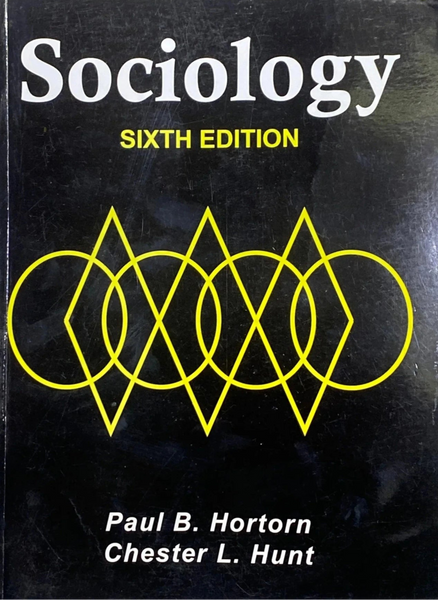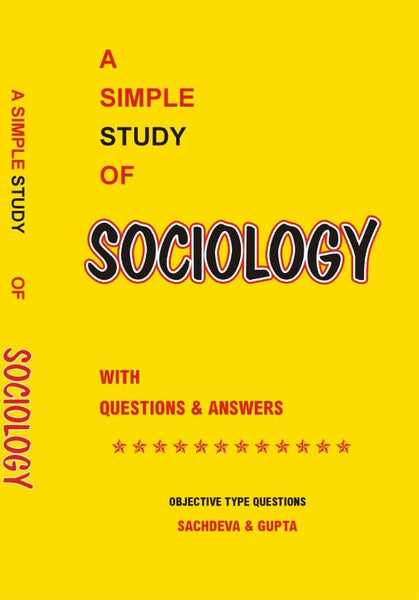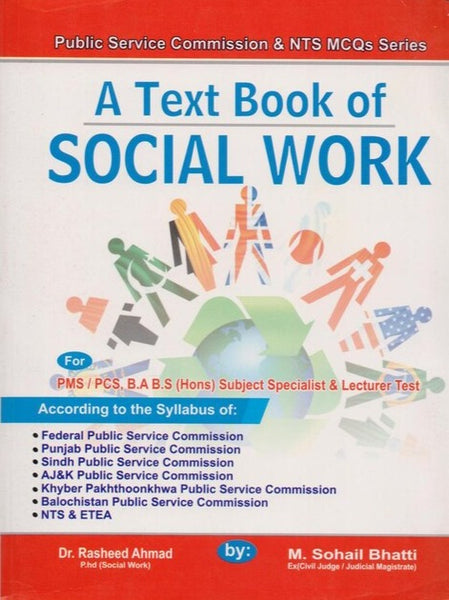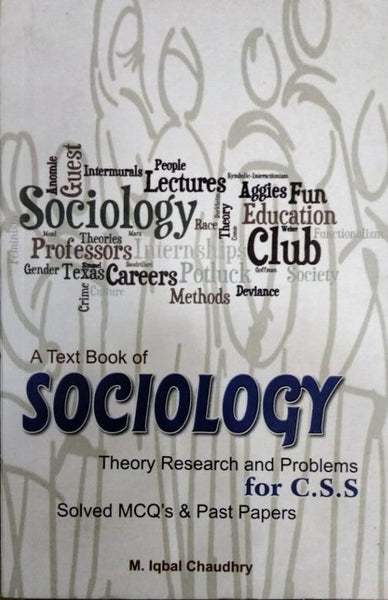An Introduction to the Work of Pierre Bourdieu by Richard Harker
- Publisher: SOCIOLOGY
- Availability: In Stock
- SKU: 47499
- Number of Pages: 262
Rs.660.00
Rs.995.00
Tags: 1990th , Academic Field , An Introduction to the Work of Pierre , An Introduction to the Work of Pierre Bourdieu , Anthropology and Bourdieu , best books , Best Price , Best Selling Books , Bourdieu and Foucault , Bourdieu and Marxism , Bourdieu's Influence , Bourdieu's Sociology , Bourdieusian Analysis , Cheleen Mahar , Chris Wilkes , Class and Education , Contemporary Social Thought , Critical Theory , Cultural Capital , Cultural Sociology , Education and Social Mobility , Epistemology and Methodology , French Sociology , Habitus and Field , Media and Power , ONLINE BOOKS , Online Bookshop , Pierre Bourdieu , Political Sociology , Postmodern Critique , Power and Inequality , Reflexivity in Research , Richard Harker , Social Constructs , Social Hierarchies , Social Reproduction , Social Theory , Sociology of Culture , Sociology of Institutions , Sociology of Knowledge , Structuralism and Post-Structuralism , Symbolic Power , Symbolic Violence , The Practice of Theory , Theorizing Practice
An Introduction to the Work of Pierre Bourdieu: The Practice of Theory
Editors: Richard Harker, Cheleen Mahar, Chris Wilkes
Introduction
This book serves as a comprehensive introduction to the theories and contributions of Pierre Bourdieu, one of the most influential sociologists of the 20th century. It systematically explores Bourdieu’s key concepts, including habitus, field, capital, and symbolic power, providing readers with a clear understanding of how his theories apply to various social structures and institutions. The book is essential for students and scholars interested in sociology, cultural theory, and social sciences.
Key Points
1. Overview of Bourdieu’s Theoretical Framework
- Explains core concepts such as habitus, field, and different forms of capital (economic, social, cultural, and symbolic).
- Discusses how these concepts interact to shape social behavior and power dynamics.
2. Bourdieu’s Approach to Social Theory
- Emphasizes the relationship between structure and agency in social life.
- Highlights Bourdieu’s critique of traditional sociology and his development of a reflexive methodology.
3. Applications in Education and Culture
- Examines Bourdieu’s impact on the sociology of education, particularly how cultural capital influences academic success.
- Analyzes his studies on taste, lifestyle, and the role of cultural production in maintaining social hierarchies.
4. Power, Symbolic Violence, and Social Reproduction
- Discusses Bourdieu’s concept of symbolic violence and how dominant groups maintain power through cultural norms.
- Explores how social inequalities are reproduced across generations through institutions like education and media.
5. Relevance to Contemporary Social Issues
- Examines how Bourdieu’s theories can be applied to modern social structures, including globalization and digital media.
- Discusses critiques of Bourdieu’s work and its limitations in explaining contemporary social change.
Why Read This Book?
- Provides a clear and accessible introduction to Bourdieu’s complex theories.
- Bridges theoretical concepts with real-world applications in sociology, education, and cultural studies.
- Useful for students, academics, and researchers looking to understand power structures and social inequalities.
- Encourages critical thinking about how society functions and the role of cultural practices in shaping individual and collective identities.
Conclusion
An Introduction to the Work of Pierre Bourdieu: The Practice of Theory is an essential guide for anyone seeking to understand Bourdieu’s impact on sociology and social theory. By breaking down his key ideas and their applications, this book provides a solid foundation for engaging with one of the most significant thinkers of modern social science.

























